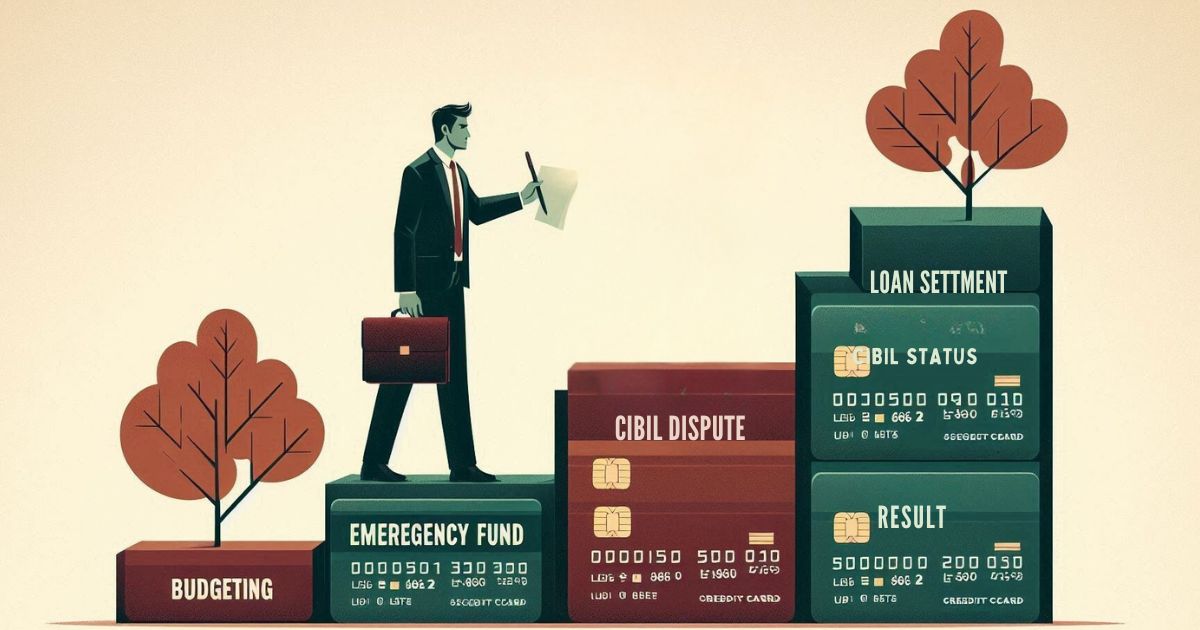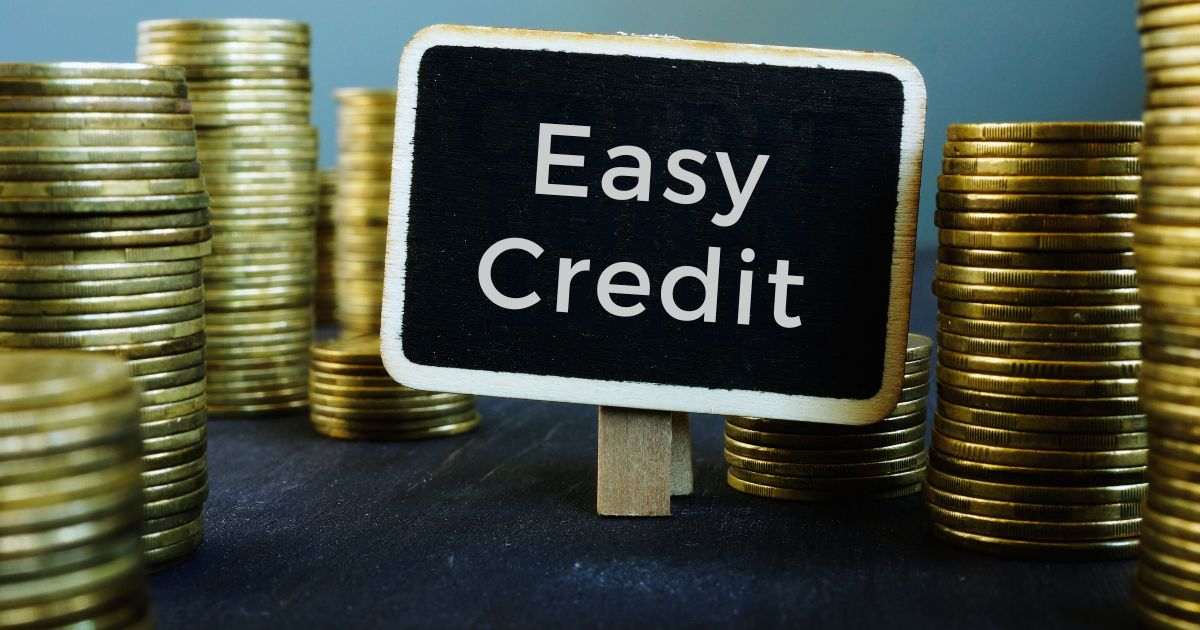· Financial Awareness · 4 min read
How to Rebuild Your Finances After a Loan Settlement
Learn how to rebuild your finances after a loan settlement. Practical steps to regain stability, rebuild trust, and handle money better after debt settlement.

For many people, a loan settlement feels like the end of a long financial struggle — a moment of relief after months of stress.
But once that phase is over, another question comes up: What now?”
Rebuilding your finances after settlement isn’t something that happens overnight. It’s more of a gradual process , one that involves patience, small steps, and consistent effort.
Let’s look at a few mindful ways to begin that journey again.
1. Take a Clear Look at Where You Stand
After a settlement, it helps to first understand your current situation.
Take some time to review your income, monthly expenses, and any pending payments that may still need attention. This gives you a starting point , not to judge what went wrong, but to decide what can be done next.
Even if the numbers don’t look great right now, awareness is the first step toward regaining control. Many people find it helpful to list their basic monthly costs on paper , just to see what’s essential and what can wait.
2. Start Building a New Budget That Works for You
A fresh start usually calls for a fresh budget. This doesn’t have to be strict or complicated , just something realistic. Keep space for essentials, small savings, and a few personal needs. The goal isn’t to cut everything but to stay consistent with what you plan.
Small adjustments, like tracking daily spending or setting aside a fixed amount each week, can make a big difference over time.
3. Avoid Rushing Into New Credit
After a loan settlement, it can be tempting to apply for a new credit card or personal loan to “prove” financial recovery.
But taking that step too soon can sometimes create more pressure. It may be better to wait until your finances feel steady before thinking about new borrowing.
Meanwhile, focus on regular payments like rent, electricity, and mobile bills , these small, consistent actions help rebuild financial discipline and credibility in the long run.
4. Slowly Rebuild Your Credit Health
What matters more is what you do afterwards. Making timely payments, maintaining one active account responsibly, and avoiding overuse of credit are gradual ways to rebuild trust with lenders.
You can also keep a record of your payments or communicate with your bank if you wish to check the status of your credit file later on.
5. Plan for an Emergency Cushion , Even a Small One
Having a small financial buffer gives peace of mind. It’s not about big savings; even a small amount kept aside regularly builds confidence.
Over time, it becomes a habit that protects you from relying entirely on loans again.
6. Seek Guidance When You Feel Stuck
If financial stress starts to feel overwhelming, it’s perfectly fine to ask for help.
There are professionals and debt settlement agencies that help people manage financial recovery plans or stop harassment from recovery agents. Speaking to someone experienced can give you clarity and reduce emotional stress.
Remember , seeking guidance isn’t a sign of weakness. It’s often the first step to feeling in control again.
7. Focus on Financial Awareness, Not Just Recovery
Rebuilding finances isn’t only about clearing dues , it’s also about learning what to avoid next time.
Understanding basic financial habits, reading about debt management, or simply staying mindful about spending can help you stay more confident with money decisions in the future.
Final Thoughts
A loan settlement doesn’t close your financial chapter , it simply marks a turning point.
Every step you take after that, no matter how small, builds a stronger foundation for the years ahead.
With patience, discipline, and the right mindset, you can regain both financial stability and peace of mind.
FAQs
1. Does a loan settlement affect my credit score?
It can temporarily lowers your credit score, but you can rebuild it with consistent on-time payments and responsible financial behavior.
2. Can I apply for new loans after a settlement?
Yes, but it’s best to wait until your credit health improves and you can manage repayments comfortably.
3. Is it possible to improve my credit score after settlement?
Absolutely , make regular payments, maintain low credit usage, and avoid missed bills.
4. Should I seek professional help after a settlement?
Yes, financial advisors or debt experts can guide you on rebuilding credit and managing future finances better.
5. How soon can I start rebuilding my finances after settlement?
You can begin immediately by budgeting, tracking expenses, and maintaining timely payments on essential bills.



